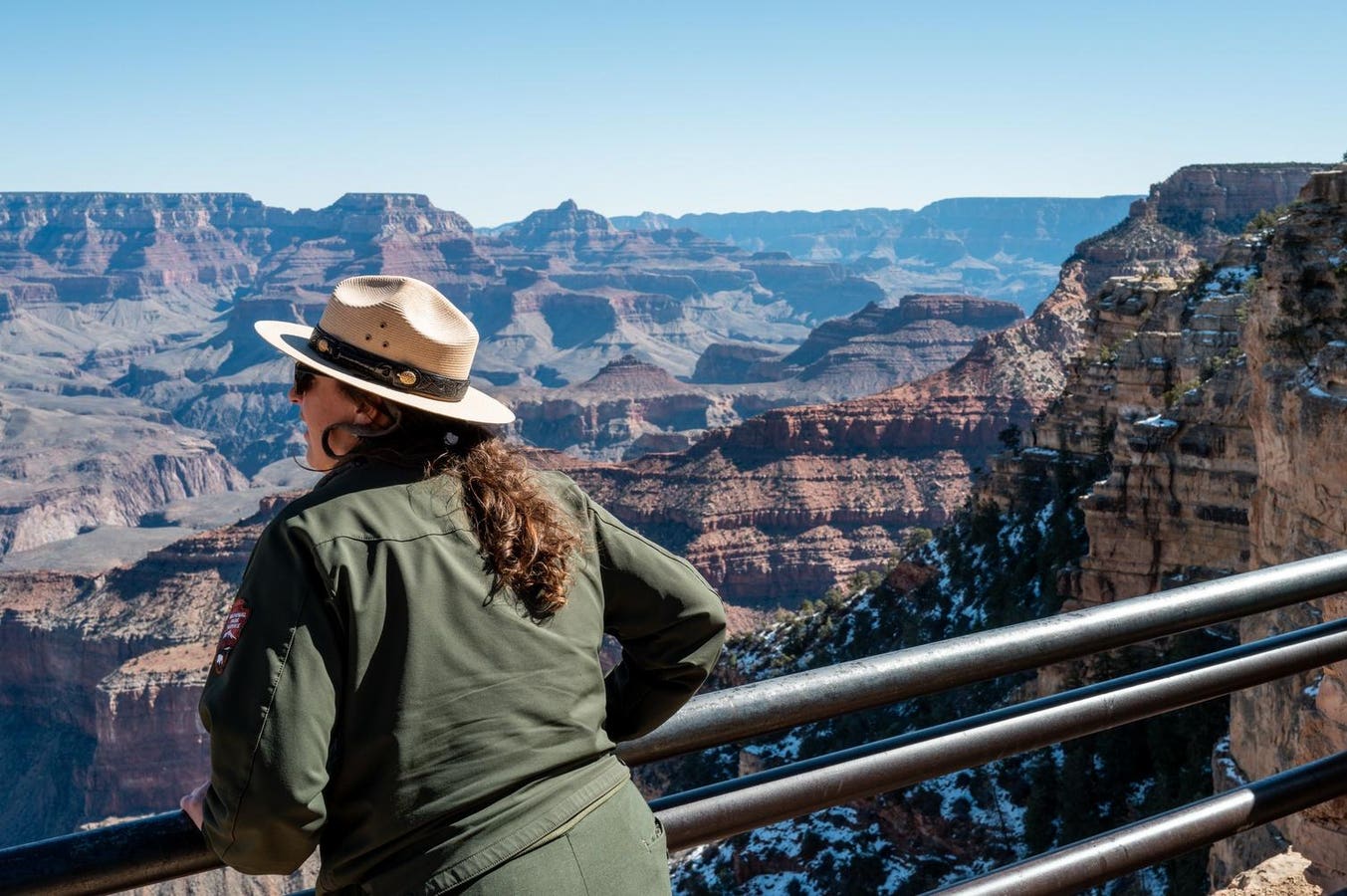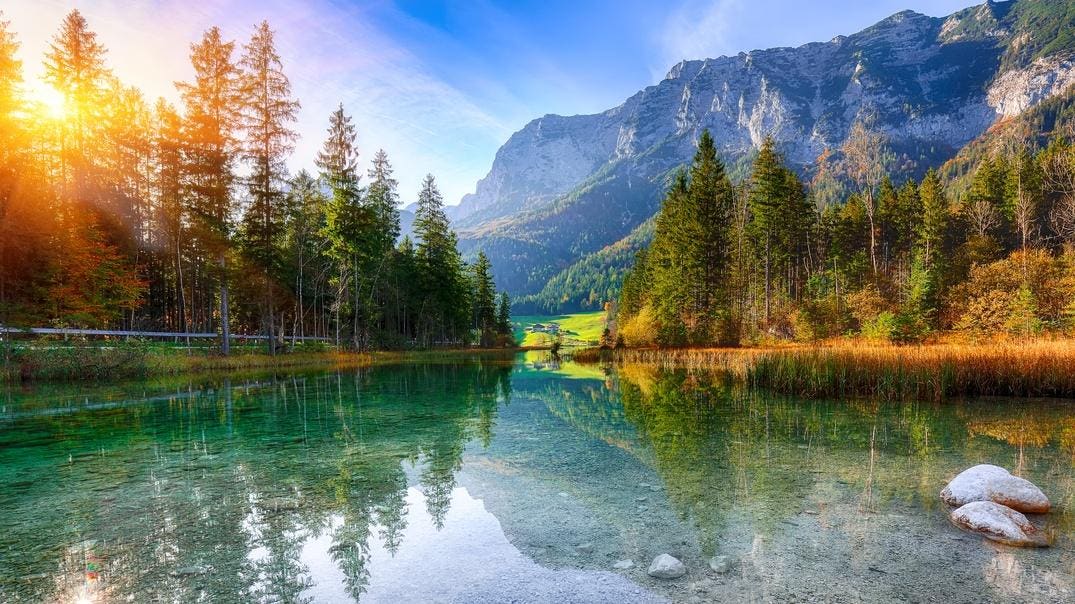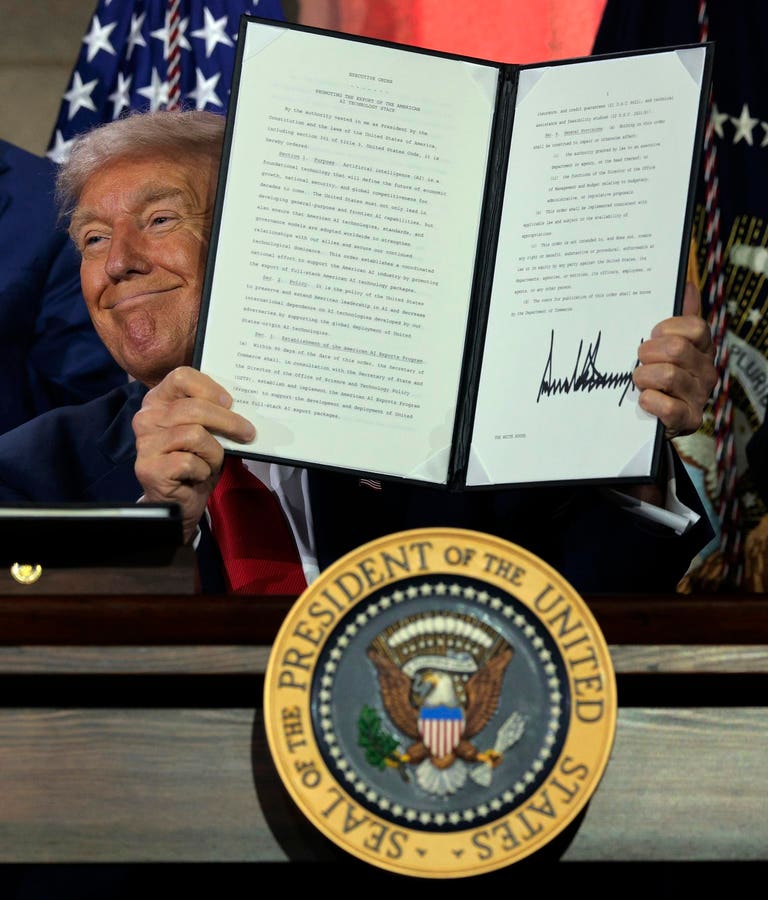GRAND CANYON, ARIZONA – FEBRUARY 22: Grand Canyon Park Services Ranger Jill Staurowsky looks out … More
Campaigners have expressed their disappointment at the news the Department of Interior has rescinded an order made during the Biden administration to phase-out the sale of single-use plastics in national parks by 2032.
Interior secretary Doug Burgum has signed a new secretarial order rescinding the previous order (3407) originally made in June 2022 to phase out the procurement, sale and distribution of single-use plastics and packaging across national parks and other public lands.
According to the new order, the original ban presented “operational and logistical challenges” across a range of functions, including visitor services, field operations and procurement.
“The policy also imposed mandates that restricted locally appropriate solutions and did not fully account for cost, performance, or safety considerations,” the new order states.
The new order also directs executive departments and agencies to repeal or revise any policies that “limit the availability of plastic products without a compelling scientific or statutory basis”.
But environmental campaigners have expressed their deep disappointment at the move.
The 5 Gyres Institute’s senior strategist of policy initiatives, Paulita Bennett-Martin said the rescission order claims there is no compelling scientific basis for restricting plastics, but added the evidence is clear in a statement.
Bennett-Martin said data from the 5 Gyres Institute confirms that single-use plastic is “pervasive across federal lands”, with plastic making up nearly 80% of pollution found in national parks.
“Plastics continue to break up into harmful micro and nano-plastics that threaten not only these protected ecosystems and wildlife, but also human health.
“We need our nation’s leaders to listen to the science and safeguard our environment, public lands, and communities by advancing policies that reduce plastic pollution, not perpetuate it.”
The 5 Gyres Institute also runs the Plastic-Free Parks project, which empowers volunteer community scientists around the country to log data on trash they find in national parks and federal lands.
According to data submitted by volunteers, plastic is the most prevalent material polluting national parks for the third year in a row, making up nearly 80% of waste recorded in 2024.
“To protect these iconic landscapes and ensure their preservation, we need corporate accountability to immediately phase out single-use plastic packaging and transition to a zero-waste, circular model to safeguard future generations,” said Alison Waliszewski, director of regional policy and program development at the 5 Gyres Institute.
Single-use plastic items made up the majority of waste found, with food wrappers, cigarette butts, bottles, bottle caps/rings, film, and bags included in the top 10 identifiable items.
In 2022, Oceana released a nationwide poll revealing that 82% of American voters would support a decision by the National Park Service to stop selling and distributing single-use plastic at national parks.
The poll also found 83% agreed that it is important that national parks remain free of plastic trash, and 76% agreed that single-use plastic items have no place in national parks.
And in February 2025, Oceana released the results of another nationwide poll revealing that an overwhelming majority of U.S. voters support policies that reduce single-use plastics.
Oceana’s senior campaign director, Christy Leavitt said the nation’s parks and other treasured public lands deserve better in a statement.
“Each year, millions of people visit America’s national parks to experience their natural beauty, history, and culture, and plastic mars that experience, fouling the landscape, harming wildlife, and threatening native species,” added Leavitt.
“National parks are protected areas — but this action opens the floodgates to plastic. If the Interior Department won’t protect our national parks from plastic, Congress must safeguard these special places.”








